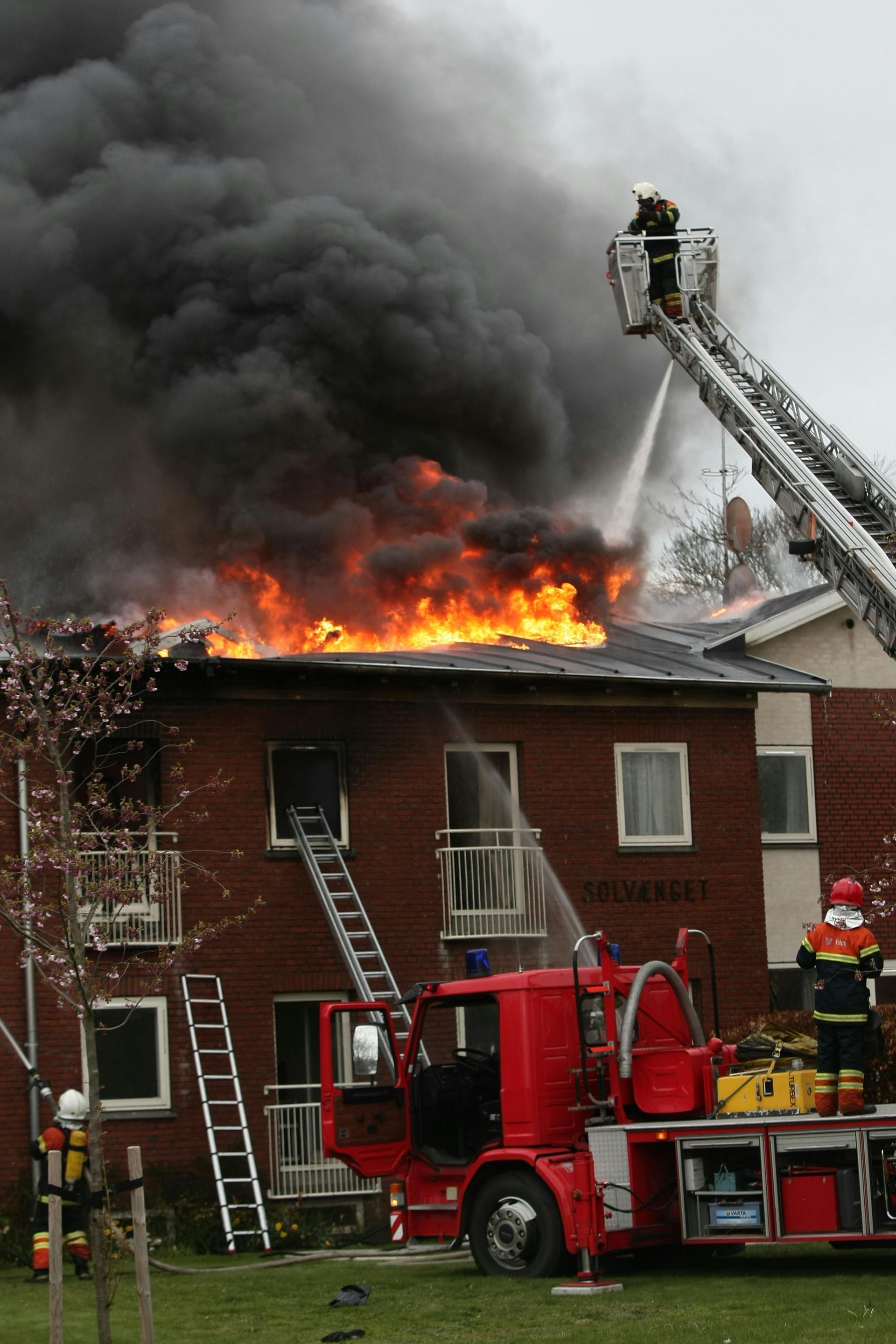Roofing and Wildlife: How to Protect Birds and Bats During Roofing Works
Protecting Birds and Bats During Roof Replacement: What You Need to Know
At Manchester Roofing Repairs, we understand that replacing a roof is a significant undertaking. However, before beginning any roofing work, it’s crucial to consider the potential impact on local wildlife—particularly nesting birds and bats around this time of year. These species are protected under UK law, and disturbing them can lead to legal consequences. In this article, we’ll explain the legislation surrounding these creatures and provide tips to ensure compliance with the law while carrying out essential roofing repairs.
Legislation Protecting Birds and Bats
Both birds and bats are protected species in the UK, and their habitats must be considered before any roofing work begins.
Birds
The Wildlife and Countryside Act 1981 makes it illegal to:
- Intentionally kill, injure, or capture any wild bird.
- Damage or destroy an active nest while it is in use or being built.
- Take or destroy bird eggs.
Nesting season typically runs from March to August. Any roofing work during this period must be approached with extreme caution. If birds are found nesting, work may need to be postponed until the young have fledged.
Bats
Bats and their roosts are protected under the Wildlife and Countryside Act 1981 and the Conservation of Habitats and Species Regulations 2017. It is illegal to:
- Deliberately capture, injure, or kill a bat.
- Damage or destroy a bat roost, even if it is unoccupied.
- Obstruct access to a roost.
Because bats often roost in roof spaces, lofts, and under tiles, special care must be taken when planning any roof replacement.
How To Avoid Breaking The Law
1. Conduct a Preliminary Roof Inspection
Look for signs of nesting birds (such as droppings, twigs, or frequent bird activity) and bat presence (such as droppings, scratching noises, or unusual flight patterns near dusk). However, bats can be difficult to detect without expert help.
2. Schedule a Professional Wildlife Survey
If there is any uncertainty, hire a licensed ecologist to conduct a survey. If bats are found, you may need a mitigation plan and a special licence from Natural England before proceeding with work.
3. Plan Roofing Work Outside of Nesting Season
Where possible, schedule roof replacements between September and February to avoid disturbing active nests.
4. Obtain the Necessary Permissions
If bats are found, you must apply for a bat mitigation licence before proceeding with any work that could affect them or their roosts.
5. Use a Qualified Roofing Contractor
Ensure that your roofing contractor is aware of wildlife protection laws and has experience working in compliance with them. At Manchester Roofing Repairs, we take extra care to ensure all legal requirements are met before commencing work.
6. Implement Wildlife-Friendly Roofing Solutions
Consider installing bat-friendly roofing materials or providing alternative nesting areas to encourage birds and bats to relocate safely.
Conclusion
Roof repairs and replacements can be an essential home maintenance task, but it should never come at the expense of protected wildlife. By taking proactive steps to identify and protect nesting birds and roosting bats, you can ensure that your roofing work is both legally compliant and environmentally responsible. If you need expert advice or assistance, Manchester Roofing Repairs is here to help—contact us today for a professional, wildlife-friendly roofing service.
If you’re planning roofing works and want to ensure that your project is both legally compliant and wildlife-friendly, Manchester Roofing Repairs is here to help. Our experienced team will work with you to complete your roofing project responsibly. Contact us today for expert advice, a free consultation, or to schedule an inspection.
You might also like
Roofers Manchester

Book a Roofer Today
We will get back to you as soon as possible
Please try again later
Trusted Roofers in Manchester
Sitemap
Services
New Roofs
Flat Roofs
Roof Repairs
Fascias and Soffits
Working hours
- Mon - Sun
- Open 24 Hours


